Night Time Vision Problems and How to Deal With It
Several people report difficulty in their ability to see at night, however, they rarely do something about it. In the wintertime, days are shorter and darkness falls earlier therefore people driving to and fro from their workplaces have to navigate the roads with poor night vision.
The reason people learn to live with this vision problem is that they don’t find it alarming enough. The deterioration of sight can be dangerous not only to themselves but to others as well, especially if they are driving. As a serious traffic hazard, fading night vision should be recognized and an eye doctor should be consulted immediately if you suspect your vision is declining.
There can be two main causes of night vision problem, the first being astigmatism and the second being night blindness which is also known as nyctalopia. Astigmatism is a commonly occurring issue in adults and makes your vision blurred. This is because of the irregularly shaped cornea or it could be because the curvature of the lens distorts light. Astigmatism is not a disease but a refractive inaccuracy of the eye similar to short-sightedness and long-sightedness. People who have this condition find it challenging to focus at night or find the glare of headlights on the road too much to handle
There are many effective ways to deal with astigmatism such as wearing lenses with an anti-glare protective layer. These lenses reduce glare sensitivity, improve the ability to distinguish between different objects and light levels and increase depth acuity.
Another way of rectifying this error is undergoing LASIK or similar corrective surgeries. This imperfection of the eye can be a birth defect or it can gradually develop throughout an individual’s life.
The second condition is night blindness which is a lot more dangerous as compared to astigmatism as people suffering from it find it impossible to see at night. Night blindness can be particularly common when a person is moving from light to dark.
Night vision loss
Night vision and day vision can vary if you suffer from night time blindness. The condition is caused by a disorder of cells in the retina and can make it difficult for you to tell part one object from another whether it is stable or moving. The affected eyes have an area of weak vision called the central scotoma, which appears in the center of the visual field and allows it to see only a part of what it sees in the daylight.
Causes of Night Vision Loss
Several factors can contribute to night vision loss from a lack of Vitamin E to cataracts. The cause must be diagnosed so that it makes it easier for you to seek corrective measures.
Glaucoma
A condition found in people over the age of 60, Glaucoma refers to the damaged optic nerve and causes blindness in people. The damage is caused by extremely high pressure in the eye and tends to be genetic. The prevalence is, of course, in the elderly and can be treated medication, laser, and surgery. High blood pressure is also one of the contributing factors and symptoms include vision loss, nausea, dilated pupils and eye pain
Genetic Defects
Retinitis pigmentosa is a genetic disorder that refers to the loss of cells in your retina. A loss of peripheral vision and night time vision loss are both results of this condition and although it is rare, it can make your sight worse slowly and gradually. The loss of photoreceptors cannot be completely treated but wearing sunglasses that are 100% UV ray protected can help slow down the process. Also, an increase in vital nutrients can help preserve your vision for a longer period. If you opt for microchip implant surgery to treat the disorder can help when the early stages of it.
Cataracts
One of the common symptoms of cataracts is blurry vision especially if you’re looking at something at a distance. The view of the person suffering from these diseases will be hazy and foggy. When the condition worsens, the light reaching the retina also reduces making it difficult for the person to focus on objects, especially at night.
Lack of Vitamin A
Vitamin A deficiency is also one of the leading causes of night blindness. Vitamin A is also known as retinol and is essential for corneal cells. Conjunctival epithelial cell RNA also function well in the presence of Vitamin A. Nerve impulses are transformed into legible pulses in the retinal area of the eye with the help of Vitamin A. In combination with other antioxidants, this vitamin can help reduce the risk of night vision loss.
Signs and Symptoms of Night Vision Loss
If you are experiencing Night Vision Loss, there are plenty of indicators of it such as difficulty in seeing things in the dark.
When transitioning from a brightly lit area to a dark one, profound difficulty in navigating the place can be experienced. This usually happens when one is driving at night, where the roads are dark and there are bright headlights that can act as a deterrent in smooth navigation. The intermittent brightness from streetlights can also be disturbing and you will see halos around them and the traffic signal lights. The glare from headlights can be frustrating and there is a risk of road accidents.
Prevention of night vision loss
Although a lot of genetic reasons for night vision loss cannot be prevented, there are ways to ensure the condition is less likely to happen.
How to drive safely at night if you have a night vision loss
Don’t over speed and take time to navigate the road
High beams should be utilized when the conditions are clear and when oncoming vehicles are coming your way, you should minimize it.
Your vehicle’s interior lights should be dimmed or closed so that there is no disparity between it and the darkness outside. It will also help you to focus clearly.
Take your time to adjust to the darkness before picking up speed
Don’t look directly at the glare and drive looking at the bottom of the road by adjusting your rearview mirrors


